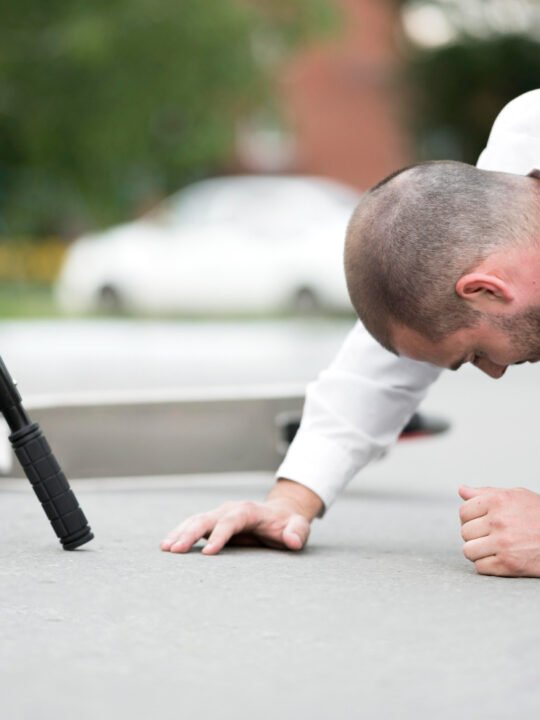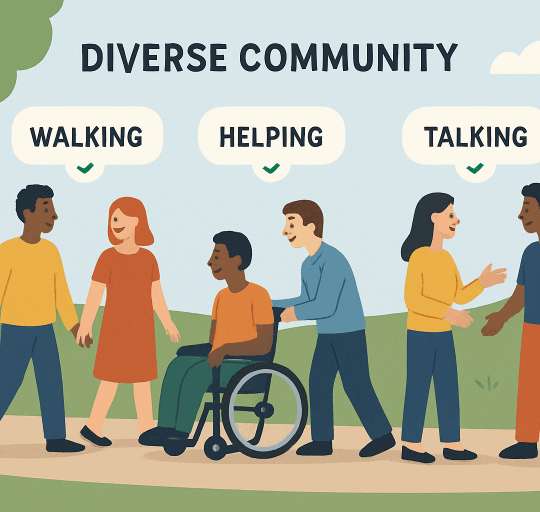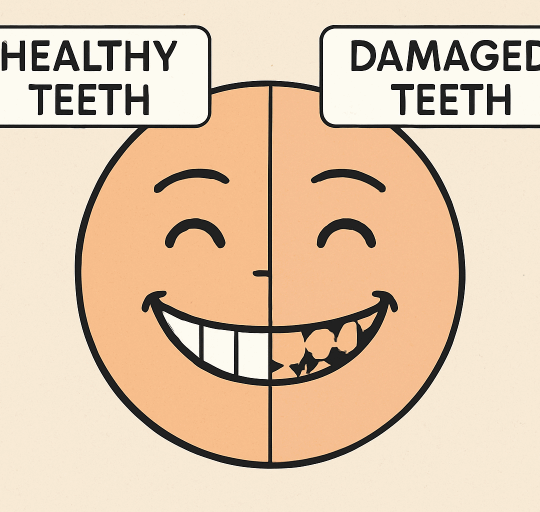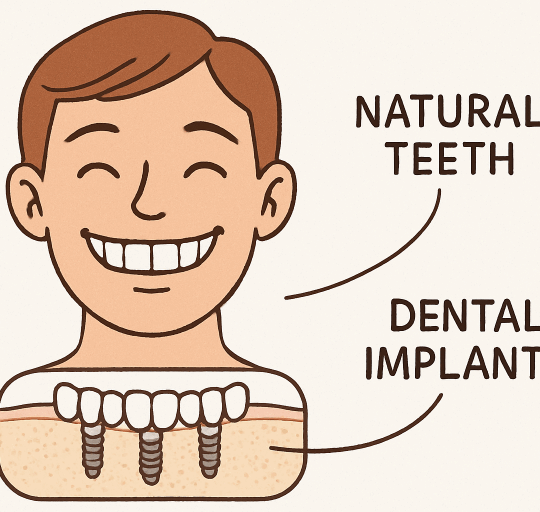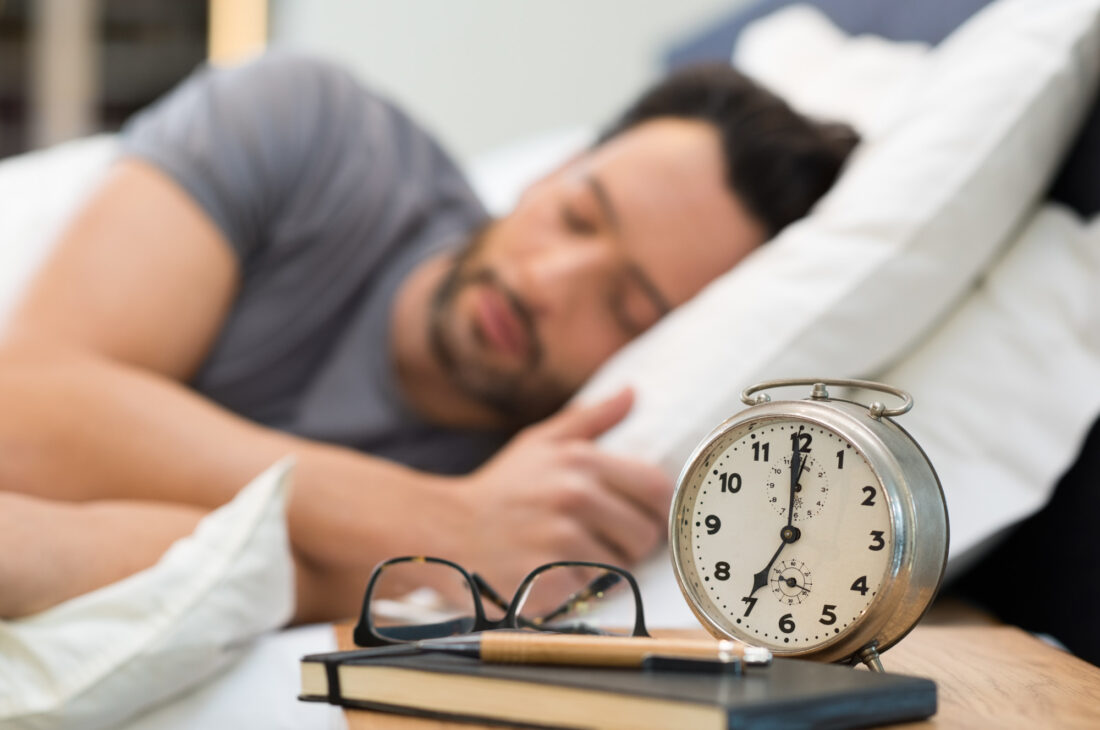 It’s no secret that having a good night’s sleep is crucial to one’s health. Sleep boosts our bodies’ immune system. Quantity and quality are important factors for a good night’s rest.
It’s no secret that having a good night’s sleep is crucial to one’s health. Sleep boosts our bodies’ immune system. Quantity and quality are important factors for a good night’s rest.
Our sleep follows a pattern of REM and NREM, or rapid eye movement, and NREM, or non-rapid eye movement. A typical cycle of sleep goes through these alternating patterns every 90 minutes. While you sleep, your body works on repairing your muscles, organs, and other cells.
Getting proper sleep can help you improve your overall and long-term health. Here are some common sleeping mistakes and how to fix them. Many people take their sleep for granted, but here’s how to get the best sleep.
Table of Contents
- 1 1. Taking Your Electronics to Bed
- 2 2. You Don’t Have a Proper Sleep Schedule
- 3 3. Eating a Lot Before Sleeping
- 4 4. Drinking Alcohol Before Bed
- 5 5. Drinking Coffee Throughout the Day
- 6 6. Not Getting Enough Sleep
- 7 7. Sleeping at High Temperatures
- 8 8. Sleeping on the Wrong Mattress
- 9 9. Sleeping In the Wrong Position
- 10 10. Working Out Right Before Bed
- 11 Avoid These Common Sleeping Mistakes!
1. Taking Your Electronics to Bed
Over 75% of people reported bringing their phones to bed with them. But studies show that this practice can impact your ability to get a good night’s rest. It can affect our body’s circadian rhythm which functions as an internal body clock.
The blue and white light waves that come from our electronic devices can throw off our circadian rhythm. Our brain associates this kind of light with the sun. When it receives this type of light, our brain will suppress the natural release of melatonin.
Melatonin is the hormone that keeps our circadian rhythm in check. When your brain does this, it keeps you from falling asleep. If you want to create a healthy sleep environment, avoid using your phones before bed.
2. You Don’t Have a Proper Sleep Schedule
One of the most common sleeping mistakes is not having a regular sleep schedule. Having the same sleep schedule allows your body to settle into its natural rhythm. Changing your sleep schedule constantly can throw off your internal body clock.
Having an irregular sleep schedule can cause:
- drowsiness
- mood swings
- irritability
- concentration problems
- memory problems
- headaches, and
- other cognitive issues.
Irregular sleep schedules can prevent your brain from entering the deep stages of sleep. Plan out your sleep schedule and be sure to stick to it. Avoid sleeping in on weekends and hitting your alarm’s snooze button in the morning. Avoid deviating from your sleep schedule by an hour or more. Even a one hour shift from your regular sleep schedule can impact your circadian rhythm.
3. Eating a Lot Before Sleeping
Eating heavy meals or snacks before sleeping can affect your quality of sleep. Eating before sleeping can induce acid reflux. This refers to when food in your stomach comes back up through your esophagus.
Eating a lot then lying down afterward makes it easier for food in your stomach to reverse its course. This causes irritating symptoms and can also cause heartburn. Eating before eating can also cause dyspepsia or indigestion.
You can identify dyspepsia with stomach pain, nausea, and upper abdomen burning or bloating. You don’t usually have to worry about mild or occasional indigestion. If systems persist for more than two weeks, consult a doctor to see if you might have gastritis or functional dyspepsia.
4. Drinking Alcohol Before Bed
Drinking alcohol can help you fall asleep faster, but can wake you up before your alarm. This is because of adenosine. Alcohol can increase the amount of adenosine in your system, which makes it easier to sleep.
The effect won’t last throughout the entire night, which is why you may wake up suddenly in the middle of the night. Imbibing can increase delta activity or slow-wave sleep patterns. It can also increase alpha activity. Those two combined can make it difficult to get a good night’s rest. Alcohol can increase the production of urine, causing you to wake up more often to go to the bathroom. This interrupts your sleep cycle and prevents you from getting to the REM stage.
5. Drinking Coffee Throughout the Day
Over 85% of Americans consume at least one cup of caffeine a day. More of the population drink even more than that, usually in the afternoon. This can impact your ability to get a healthy amount of sleep.
Caffeine is a stimulating drug. It blocks sleep-inducing chemicals in our brain and increases the production of adrenaline. Drinking coffee in the morning may help wake you up, but it can take over 6 hours for your body to eliminate traces of caffeine.
But the effects of coffee vary from person to person. If you can sleep well even after drinking large amounts of coffee, you may not need to worry about this. But if you’re looking to get more quality sleep, limit your caffeine intake to morning hours.
6. Not Getting Enough Sleep
Lack of quality sleep can prevent you from performing its best. You may not even realize the effects of your lack of sleep immediately. Each age group requires a certain amount of sleep.
- Newborn (0 to 3 months): 14 to 17 hours of sleep, including naps
- Infant (4 to 12 months): 12 to 16 hours of sleep, including naps
- Toddler (1 to 2 years): 11 to 14 hours of sleep, including naps
- Preschool (3 to 5 years): 10 to 13 hours of sleep, including naps
- School Age (6 to 12 years): 9 to 12 hours of sleep
- Teenager (13 to 18 years): 8 to 10 hours of sleep
- Adult (18 and upward): 7 hours of sleep or more
But getting too much sleep can also be detrimental to your health. Sleeping more can increase your risk of heart disease, back pain, and obesity. Stick to the recommended amount of sleep.
7. Sleeping at High Temperatures
Your body temperature drops in the second stage of NREM. That’s why a cool environment is the most ideal for getting quality sleep. The mild drop in body temperature is what induces sleep.
Infants may need to sleep in a slightly hotter room, but be careful not to let them overheat. The most ideal temperature to sleep in is between 60 to 67 degrees Fahrenheit. If it’s too cold or hot, your brain will struggle to achieve the ideal temperature.
Your bedroom temperature can affect the quality of your REM sleep stage. Keep your location for sleeping at the ideal temperature.
8. Sleeping on the Wrong Mattress
A good mattress can impact the quality of your sleep. Investing in a good mattress can benefit your health in the long run. It can help you achieve good back health.
The right mattress is not only comfortable. It should provide ample support for your back to prevent poor sleeping posture. A bad mattress can interrupt a good night’s sleep and leave you feeling sore and fatigued.
All mattresses wear out over time. If your mattress is more than 8 to 10 years old, it may be time to change it. The best mattress varies between different people, so make sure your mattress fits your criteria.
Make sure that your mattress provides enough support for your back to keep a neutral spine. Remember your pressure points when looking for a new mattress. These include the heaviest parts of your body.
9. Sleeping In the Wrong Position
Most people don’t know the difference between side sleeping vs back sleeping. Sleeping on your back is the healthiest position to sleep in. It allows your head, neck, and spine to rest in a neutral position.
You are less likely to experience pain because you won’t get any pressure on those areas. Sleeping on your back with a pillow to elevate your head reduces the chances of getting acid reflux. However, this position can make your snore more or can be dangerous for those who suffer from sleep apnea.
Sleeping on your side can also reduce the chances of getting acid reflux. It elongates your spine and prevents back and neck pain. This position is most ideal for those individuals who suffer from sleep apnea.
10. Working Out Right Before Bed
Having intense workouts before you go to sleep can affect your ability to get a good rest. Some people use the evening to workout due to their hectic schedules during the day. But intense physical activity before bed is not ideal for sleep.
Avoid engaging in any activity that increases your heart rate two hours before you go to bed. Exercise can boost your energy and spike your body temperature. These two combined can prevent you from falling asleep.
Not getting exercise at all can also affect your sleep quality. Having at least a 30-minute cardio in a day can help you sleep better. If you can only exercise during night time, try to push it earlier in the evening.
Avoid These Common Sleeping Mistakes!
Many people take for granted the benefits of getting a good night’s rest. Quality and quantity go hand in hand to get the best of your sleep. Avoid these ten common sleeping mistakes to achieve the best quality of sleep every night.
Thank you for reading this guide! If you found this helpful, consider sharing it and check out some of our other blog posts for more great life and health content.
